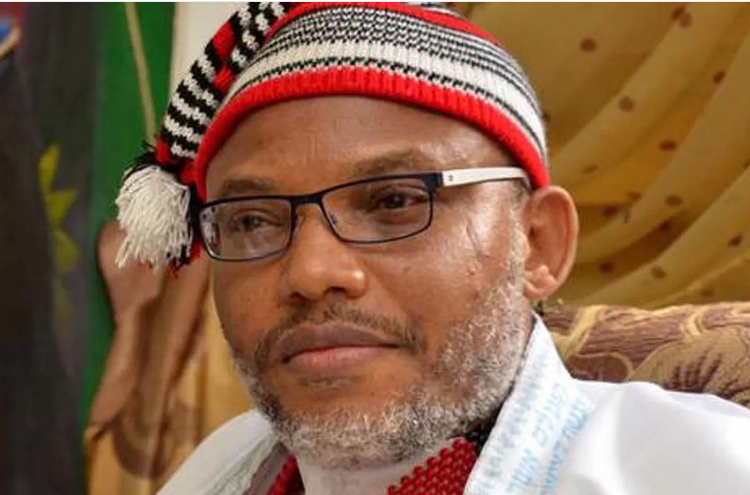By Chinonso Chukwuemeka
When the Indigenous People of Biafra (IPOB) first emerged under the leadership of Nnamdi Kanu, it came with a loud message of self-determination and the promise of liberating the Southeast from what it called “political and economic marginalization.” To many, it sounded like a bold, revolutionary voice for a region long frustrated with governance failures and underdevelopment. But what began as an ideology of hope has, over time, turned into a nightmare that has crippled the economy, shattered peace, and divided the very people it claimed to represent.
From Agitation to Anarchy
The turning point came with the creation of the Eastern Security Network (ESN) in 2020. Initially sold as a vigilante outfit to protect Igbo farmlands from invading herders, ESN soon morphed into an armed militia. Its operations quickly went beyond protecting lives and property. Armed men claiming loyalty to IPOB began enforcing Kanu’s orders, attacking police stations, killing security operatives, and burning government facilities. The Southeast gradually became a region under siege.
The so-called “sit-at-home” directives, first introduced to protest Kanu’s detention, soon became an instrument of terror. Even after IPOB’s leadership publicly announced its suspension, self-styled enforcers continued to brutalize innocent citizens who dared to go about their daily lives. Markets were shut down, transporters stopped working, and schoolchildren stayed home out of fear. The result has been years of economic paralysis and social anxiety.
Economic and Social Ruin
Before the IPOB-ESN crisis, the Southeast was known for its vibrant trade, industrious people, and growing private-sector investments. Today, many businesses have relocated to Lagos, Abuja, and other parts of Nigeria. The once-bustling cities of Onitsha, Aba, and Nnewi now record fewer commercial activities on Mondays, the unofficial “ghost day” forced by IPOB militants. Transport unions have collapsed in some areas, and the hospitality sector continues to bleed.

According to reports by local chambers of commerce, the region loses billions of naira weekly to the sit-at-home order. Artisans, traders, and daily wage earners who make up the majority of the workforce are the worst hit. The insecurity has also driven away investors, with kidnappings and targeted killings becoming a grim routine.
The Human Cost
Beyond the economic toll, the Southeast has witnessed deep social trauma. Families have lost breadwinners to senseless killings. Youths have been radicalized or lured into militancy, creating a generation for whom violence has become a form of expression. Communities that once prided themselves on unity and progress now live in fear of their own sons.
The irony is painful: the movement that claimed to fight for the emancipation of the Igbo has become the region’s greatest oppressor. While Kanu remains in detention, splinter groups and criminal elements now use his name to justify their atrocities, from extortion and abduction to targeted assassinations. The Southeast has become a theatre of chaos, not freedom.
Time for Honest Reflection
It is time for the Southeast to tell itself the hard truth. IPOB and ESN have done more harm than good. The region’s political leaders, religious authorities, and traditional rulers must come together to rebuild peace and restore confidence in lawful governance. Igbo youths must channel their energy into constructive engagement, not violence.
Self-determination can not be achieved through fear and bloodshed. No region can develop under the shadow of guns and anarchy. The dream of a prosperous Igbo homeland will only be realized through dialogue, investment, education, and unity, not through militancy.
Conclusion
What began as a movement for justice has become a tragic lesson in how extremism destroys its own cause. The Southeast must rise again, not under the banner of violence or secession, but under the banner of peace, enterprise, and renewed leadership. The time to reclaim the soul of the region is now.
Chinonso Chukwuemeka writes from Akwa, Anambra State.


